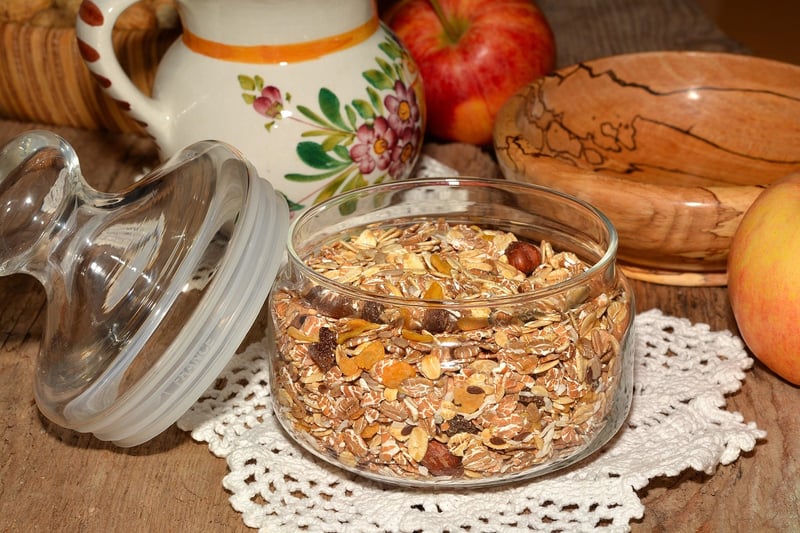Meal Planning
The Power of a Balanced Diet and Meal Planning
Maintaining a healthy lifestyle involves more than just hitting the gym regularly; it's also about what you put into your body. A balanced diet plays a crucial role in achieving overall well-being and supporting your fitness goals. Pairing this with strategic meal planning can make a significant difference in your health journey. Let's explore how these two pillars work hand in hand to help you live your best life.
Why a Balanced Diet Matters
A balanced diet provides your body with the essential nutrients it needs to function optimally. This includes a mix of carbohydrates, proteins, fats, vitamins, and minerals. Each of these components plays a unique role in supporting your body's various functions, from providing energy to supporting immune health and promoting muscle growth and repair.
By consuming a variety of foods from different food groups, you ensure that you are not missing out on any key nutrients. This can help prevent deficiencies and reduce the risk of developing chronic diseases such as heart disease, diabetes, and obesity.
The Benefits of Meal Planning
Meal planning involves thinking ahead about your meals and snacks for the week, taking into account your nutritional needs and preferences. This practice offers several advantages:
- Time-Saving: By planning your meals in advance, you can save time during the week and avoid last-minute meal decisions.
- Healthier Choices: Planning allows you to make healthier food choices and avoid the temptation of fast food or unhealthy snacks.
- Cost-Effective: Planning meals can help you stick to a budget by reducing food waste and unnecessary spending on dining out.
- Portion Control: With meal planning, you can control portion sizes and ensure you are not overeating.
Creating a Balanced Meal Plan
When crafting a meal plan, aim to include a variety of foods from each food group to ensure you are getting a broad spectrum of nutrients. Here are some tips for creating a balanced meal plan:
- Include plenty of fruits and vegetables for vitamins, minerals, and fiber.
- Incorporate lean proteins such as chicken, fish, tofu, or legumes.
- Choose whole grains like brown rice, quinoa, and whole-wheat bread for sustained energy.
- Include healthy fats from sources like avocados, nuts, and olive oil.
- Stay hydrated by drinking an adequate amount of water throughout the day.
Remember, balance and moderation are key. While it's essential to eat nutrient-dense foods, allowing yourself the occasional treat is also part of a healthy relationship with food.
Get Started Today
Whether your goal is to lose weight, build muscle, or simply improve your overall health, a balanced diet and meal planning can set you on the right path. Take the time to plan your meals, experiment with new recipes, and listen to your body's needs. With dedication and consistency, you'll be well on your way to a healthier, happier you.
Remember, always consult with a healthcare provider or nutritionist before making significant changes to your diet, especially if you have specific dietary requirements or health conditions.


Start your journey to a healthier lifestyle today by embracing the power of a balanced diet and meal planning!
